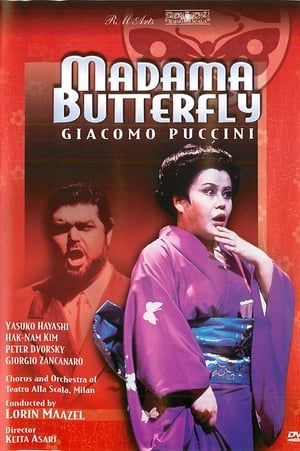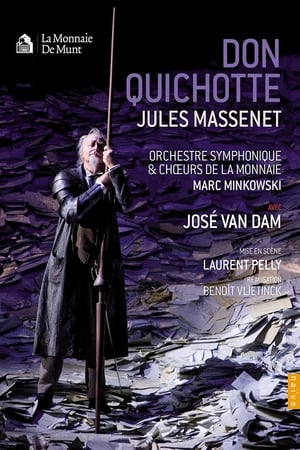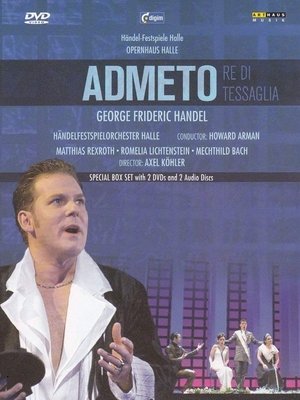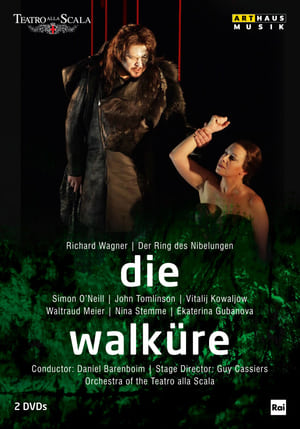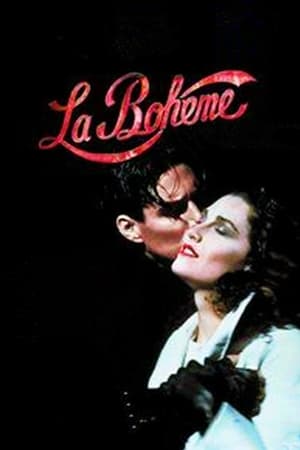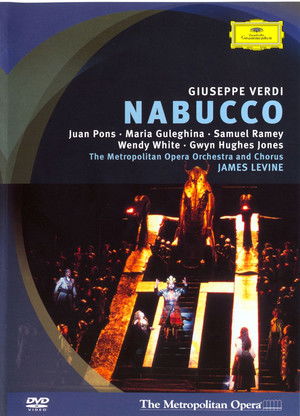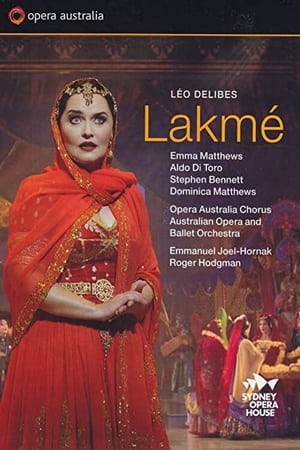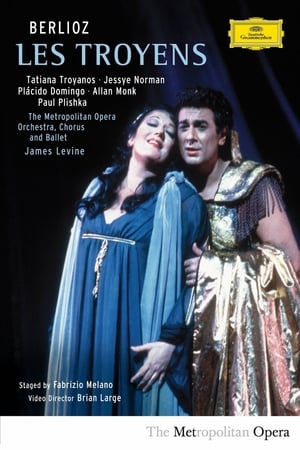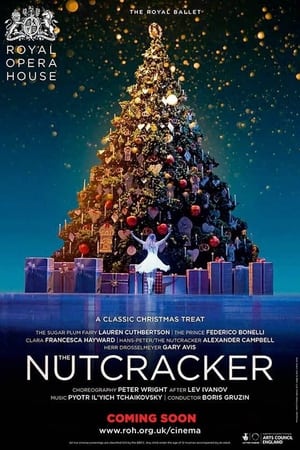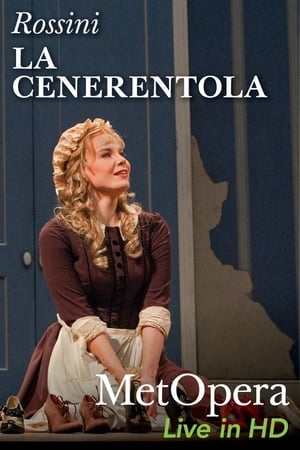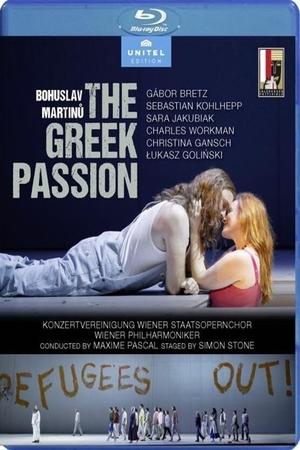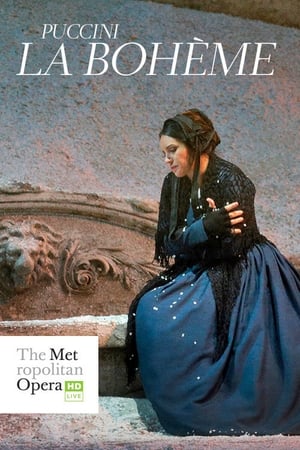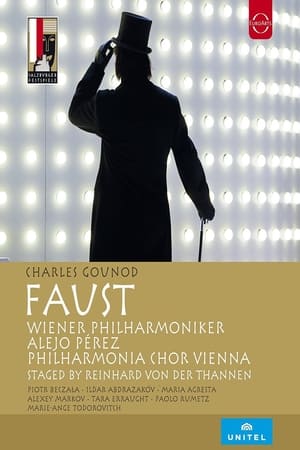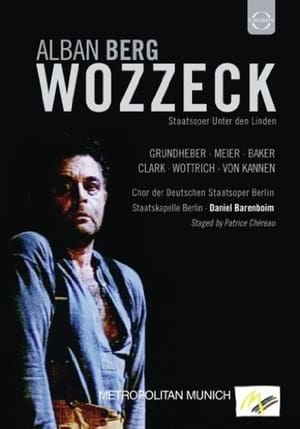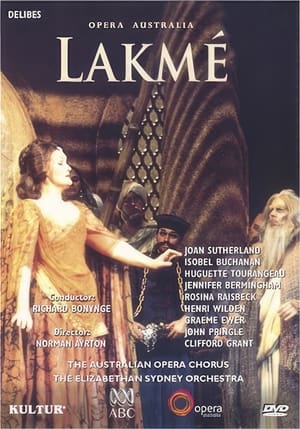Overview
Smetana's penultimate opera premiered on September 18, 1878, at the New Czech Theater. At the National Theater itself, it was staged in the 20th century, for example, from 1980 and 1983, respectively. The 2006 production in the second courtyard of the Litomyšl Castle, which was filmed by Czech Television, is characterized by a minimalist set with an imaginative neon silhouette of Bezděz Castle, as well as the fact that, with two exceptions, all the singers were performing their roles for the first time. Tenor Pavel Černoch, who at that time still had his international career ahead of him, excelled in the role of Vít... Since its creation, The Secret has been considered Smetana's most perfect and mature opera. Even the overture is a remarkably composed and superbly constructed masterpiece. After this successful premiere in Litomyšl, the performance became part of the repertoire of the National Theater.

 Czech
Czech
 0
0
 2006
2006
 Czech Republic
Czech Republic



